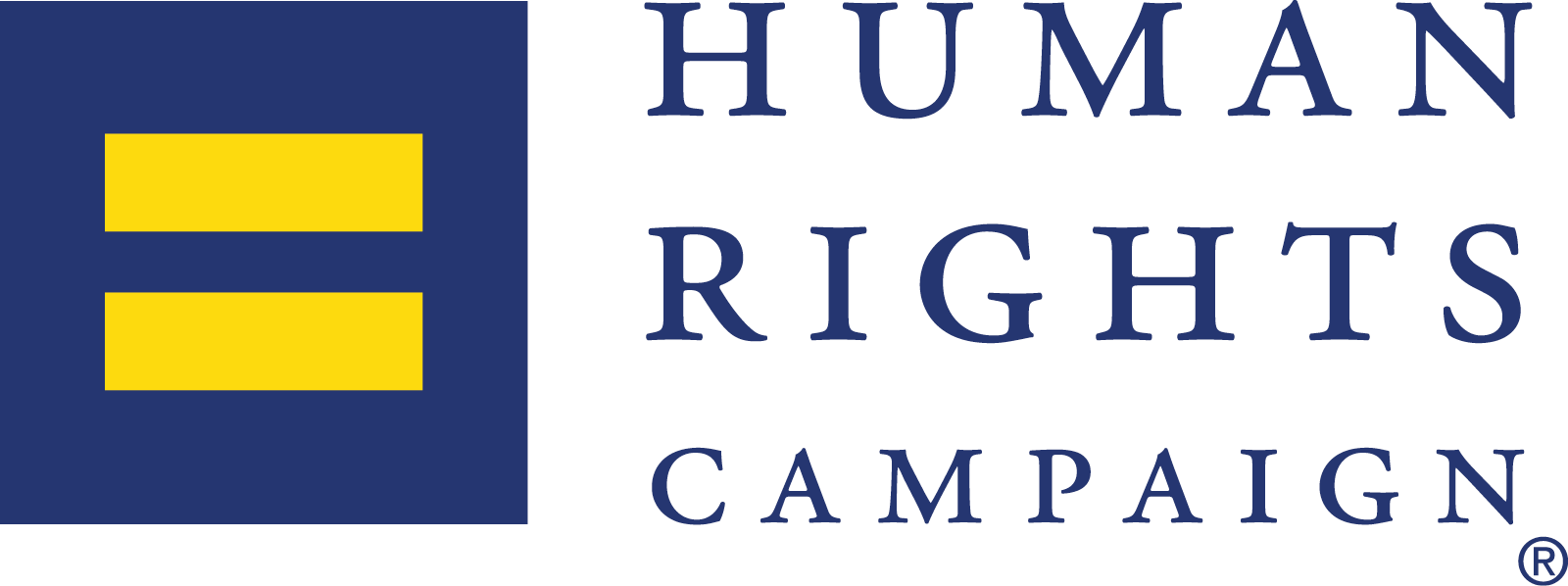How it works
Social Justice Funds cross-references mutual fund holdings with in-depth company research to calculate portfolio ratings on gender equality, diversity disclosures, racial justice, and LGBTQ+ equity.
Getting started
Finding your funds
We source data on companies and mutual funds from financial services provider Morningstar. Our database covers thousands of U.S. open-end mutual funds and exchange-traded funds (ETFs), some of the most common funds held in 401(k)s, 403(b)s, and other retirement plans.
Search for funds by name, ticker, or asset manager. Use the search bar below, or use the search page to do more advanced searches, such as filtering funds by investment strategy or asset manager.
Company data
Social justice scorecards from issue experts
Our fund ratings are built on a foundation of in-depth company research on gender equality, diversity disclosures, racial justice, and LGBTQ+ equity.
Gender equality
Gender equality ratings are calculated using data from the Equileap Gender Equality Scorecard from Equileap. The Equileap Gender Equality Scorecard covers over 3,500 companies traded across global markets. Each company is assessed on 19 criteria, including gender balance across the workforce, the gender pay gap, paid parental leave, and anti-sexual harassment policies. Equileap gathers publicly available information provided by the companies, including in their annual reports, sustainability reports and/or on their websites. Each company is assigned a gender equality score between 0 and 100. For more details, refer to the Equileap Gender Equality Global Report and Ranking.

Diversity disclosures
Diversity disclosure ratings are calculated using data from the Workplace Equity Disclosure Scorecard from Whistle Stop Capital and As You Sow. The Workplace Equity Disclosure Scorecard covers 3,000 U.S. companies. Whistle Stop Capital gathers publicly available information from company annual reports, sustainability reports, and/or on their websites. For more details, visit the As You Sow website.

Racial justice
Racial justice ratings are calculated using data from As You Sow's Racial Justice Scorecard. The Racial Justice Scorecard covers 3,000 U.S. companies. As You Sow gathers publicly available information from company annual reports, sustainability reports, and/or on their websites. For more details, visit the As You Sow website.

LGBTQ+ equity
LGBTQ+ equity ratings are calculated using data from the Corporate Equality Index from Human Rights Campaign (HRC). The HRC Corporate Equality Index covers over 1,500 U.S. companies. HRC gathers information with company surveys, with additional research for a subset of companies. For more details, refer to theHRC Corporate Equality Index.

Values-based exclusions
Social Justice Funds is part of our Invest Your Values program. Since 2015, As You Sow has rated mutual funds on their investments in companies contributing to environmental and social risks.
Prison & Border Industry — The prison industrial complex is a term used to describe the overlapping interests of government and industry that use surveillance, policing, and imprisonment as solutions to economic, social and political problems. We focus on two aspects of the prison industrial complex: companies involved in the prison industry (such as private for-profit prison operators and prison services providers), and companies involved in the militarization of borders and the policing of immigration. See the full list of companies at Prison Free Funds.

Military Weapon Manufacturers — Concerns about human rights and social impact have led weapon free investing to be a pillar of sustainable investing for decades. We focus on the largest publicly-traded arms manufacturers and military contractors; companies involved in the construction or maintenance of nuclear weapons; and companies involved with other controversial weapons, including cluster munitions, anti-personnel landmines, incendiary weapons, and depleted uranium. See the full list of companies at Weapon Free Funds.

Mutual fund grades
Analyzing fund portfolios
For each fund, we cross-reference the list of portfolio holdings with in-depth company research on social justice issues to calculate ratings on gender equality, diversity disclosures, racial justice, LGBTQ+ equity, prisons & borders, and military weapons.
Mutual funds can have a varying number of holdings, from less than one hundred to several thousand. Holdings that are not stocks, like cash holdings or bonds, are not rated. In the fund's investment profile, we show a "Percent Rated" metric, equivalent to the percent of the fund that is invested in stocks. The higher a fund’s Percent Rated value, the more holdings we were able to examine. A fund with a lower Percent Rated value may have hidden risky investments that our tool cannot account for, in the form of bond holdings or other asset types.
Scoring fund portfolios
To calculate scores for mutual funds on gender equality, diversity disclosures, racial justice, and LGBTQ+ equity, we start with the company scores from the various company research sources. These sources include As You Sow, Equileap, Human Rights Campaign, and Whistle Stop Capital.
Four company scorecards are cross-referenced with the holdings in each mutual fund. For each holding in a fund’s portfolio that is covered by a scorecard, we average the company-level scores, weighted by the amount the fund has invested, to calculate an overall score for the fund. When averaging, we weight the scores by the market value of the holding. This means if a fund has more money invested in one holding compared to another, the score of the holding with more assets invested counts more towards the average.
Each of the funds we analyzed is based in the U.S., is offered as an open-end mutual fund or ETF (as well as a handful of collective trusts and variable annuities), and is at least 50% invested in stocks.
Ranking funds against peers
After funds are scored, they are grouped with peers and ranked. Funds are assigned to one of five groups based on investment strategy: U.S. large cap equity funds, U.S. small cap equity funds, allocation funds, international equity funds, and sector equity funds. Within these five groups, funds are ranked by their gender equality score, diversity disclosures score, racial justice score, and LGBTQ+ equity score.
The rankings are presented as percentile rankings. If a fund earns a ranking of 75, that can be interpreted as: "This fund ranked better than or equal to 75% of the other funds in the same fund group." If a fund earns an overall ranking of 50, that can be read as: "This fund ranked better than or equal to 50% of all other funds in the dataset."
To be ranked, a fund has at least 33% coverage for each scorecard – that is, at least 33% of the long-position holdings in the portfolio must be stocks issued by companies that have data on that scorecard to be assigned a grade for that issue.
Grading funds
Finally, an A-B-C-D-F letter grade is assigned based on which quintile the fund’s ranking places it: "A grade" funds are in the top 20% of their group, and so on, with "F grade" funds in the bottom 20% of their group.
In addition to the A-B-C-D-F grades, several funds earn a special Engagement Grade in recognition of strong efforts to promote gender equality, diversity disclosures, racial justice, and LGBTQ+ equity beyond the portfolio.
Sub-scores & KPIs
On each fund profile page, we also display various sub-scores for each of the four equity & justice ratings (gender equality, diversity disclosures, racial justice, and LGBTQ+ equity). The scorecards underlying these ratings each have a unique structure composed of various corporate key performance indicators (KPIs) that are organized into sub-sections. We use those scorecard KPI structures to calculate fund sub-scores. The sub-scores for each equity & justice ratings also display the full set of KPIs used to analyze the companies in the portfolio.
Highest & lowest-scored holdings
On each fund profile page, we also display the highest & lowest-scored holdings for each of the four equity & justice ratings. This can be used to identify the leaders and laggards within the portfolio on each issue.
Sustainable funds
We use Morningstar's "sustainability mandate" indicator to determine which funds are displayed as sustainably-mandated. Sustainably-mandated funds make investment decisions based on issues like environmental responsibility, human rights, or religious views. A sustainably-mandated fund may take a proactive stance by selectively investing in, for example, environmentally-friendly companies, or firms with good employee relations. They may also avoid investing in companies involved in promoting fossil fuels, or firearms, or in the defense industry. Look for this symbol to find funds that are designated sustainably-mandated.

The Forum for Sustainable and Responsible Investment is a group advancing sustainable, responsible, and impact investing. Asset managers who are members of US-SIF often have strong policies to integrate social issues into investment decisions. Look for this symbol to find funds that are members of US-SIF.
Action toolkit
When you're done looking up funds and finding the data you need, what's next? You can learn how to make a change and move your money with our action toolkit. Whether you’re an individual investor or if your investments are in your employer-sponsored plan at work, our step-by-step toolkit can help. There's an in-depth guide to responsible investing, links to external resources, a sample letter to send to your employer 401(k) manager, and more — everything you need to make a change and get started investing aligned with your values.
Spreadsheet
Changes to the company lists or fund rating methodologies will be reflected below.
Spreadsheet downloads for the Invest Your Values mutual fund and ETF scorecards will be hosted exclusively on the As You Know data platform beginning in early 2026. For ongoing access and updates, please contact [email protected].
Disclaimer: As You Sow is not an investment adviser
See our full disclaimer




